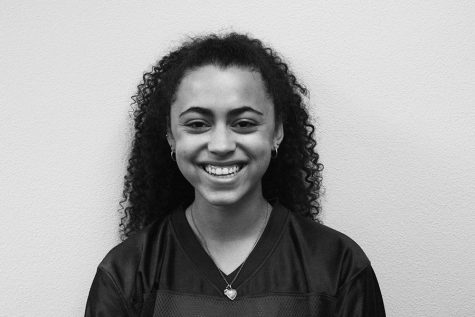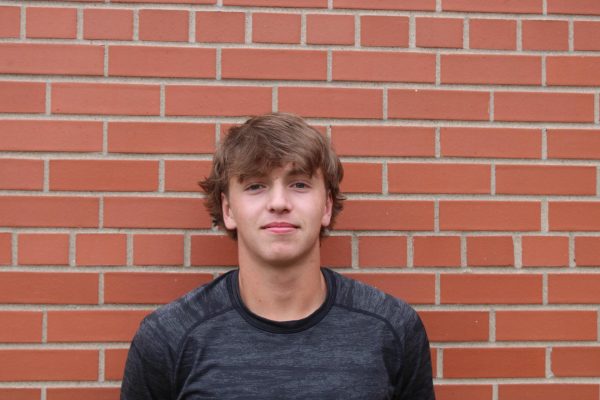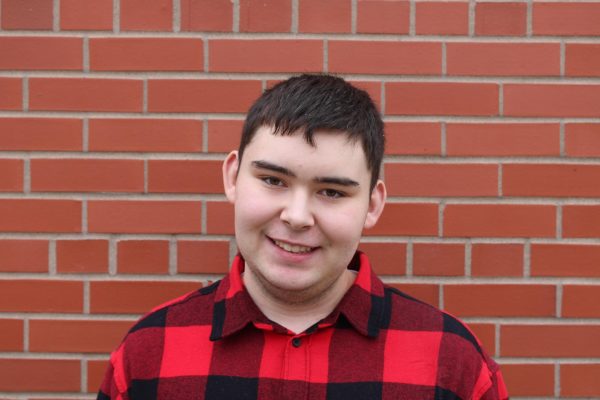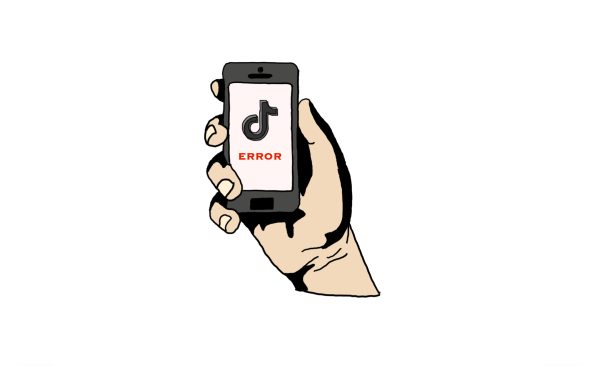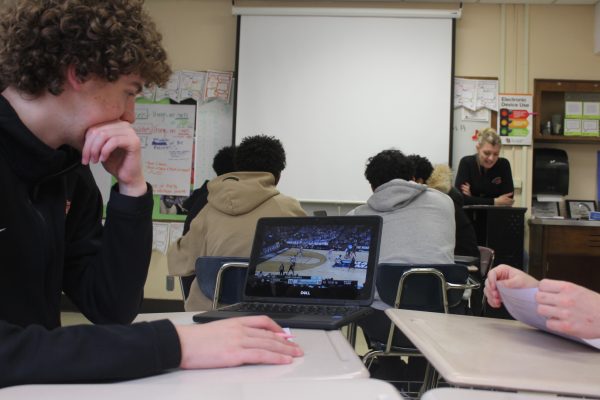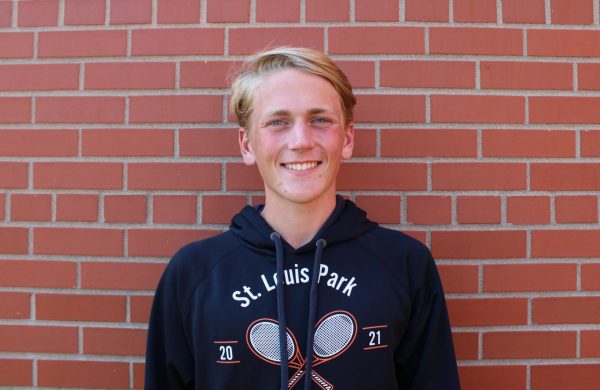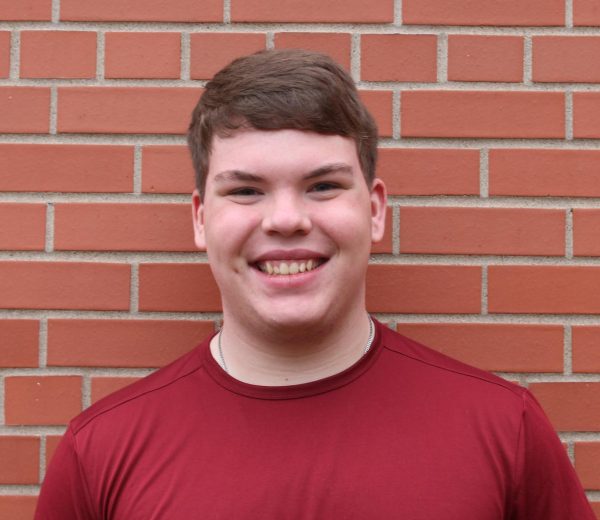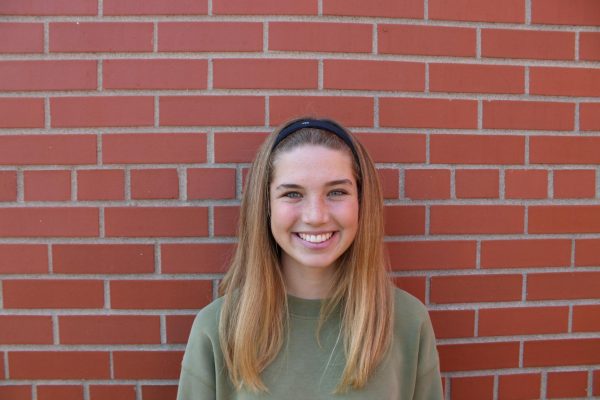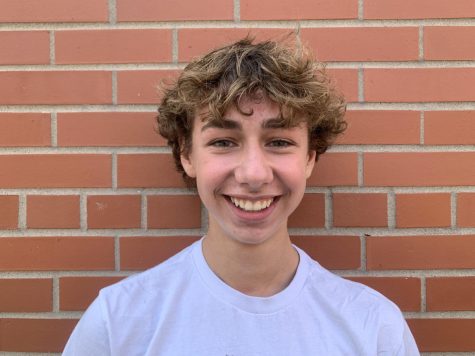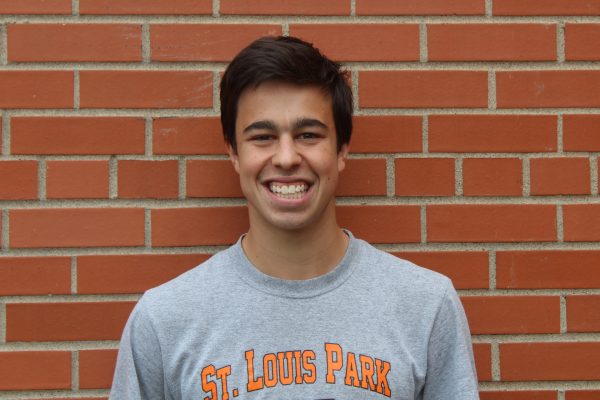Police must follow ‘innocent until proven guilty’
End unjust suspicion, treatment of minorities
May 12, 2016
A couple of weeks ago when I came across this picture, I realized the justice system and the public look at so-called criminals differently based on their race.
In the past two years following the death of Michael Brown Aug. 9, 2014, police shootings have become more visible. Movements like Black Lives Matter continue to bring attention to the inequality that exists in the justice system.
This is true in the case of 12-year-old Tamir Rice. The boy was playing with a pellet gun at a park Nov. 22, 2014, when he was shot by police. Four days after Rice’s death, the Cleveland Police released the surveillance video of the shooting.
In the video, Rice is seen sitting at a picnic table by himself, when a police car appears. Two officers jump out, guns pointed, and Rice falls to the ground behind the squad car. The police were called by a resident of the area who saw Rice playing with the pellet gun. The resident told the dispatcher they were unsure if the gun was real or not, but regardless, it scared them. The case was brought to court, which resulted in no conviction.
I don’t understand how the officers were able to justify their actions — Rice was obviously by himself and not threatening anyone. Also, the officers did not try to talk to Rice or assess the situation before taking action.
Life and liberty are basic rights given to every U.S. citizen. By shooting innocent people, police rob them of those rights. The job of the police is to protect the people, not to kill unarmed suspects. By jumping out of the car and not assessing the situation as in Rice’s case, police act as executioners, without giving a fair trial.
It is difficult for minorities to trust the police to protect them when they’re being unequally targeted. According to the U.S. Department of Justice, between 2005 and 2008, New York City police stopped more than 1.6 million people. 80 percent of those stops involved black or Latino people, while only 8 percent involved white people.
According to a survey conducted in 2014 by the Substance Abuse and Mental Health Services Administration, 51.5 percent of white people and 47.6 percent of black people said they used illicit drugs during their lifetime. Clearly, there’s no reason police should be more suspicious of certain groups.
When I hear a police officer walked away from a shooting with no punishment and no evident change to the system, it’s frustrating. It sends the message that the police have the authority to kill without reason. Aside from that, these young boys are often made to be criminals by the media, as if to justify their deaths. For example, Michael Brown was named as a suspect of an armed robbery, even though it took place minutes before his death and would not have been possible. The timing and release of the statement made it sound as if the police department was trying to justify his death by portraying him as a criminal and a thug. Regardless, the information was irrelevant to the case.
Another common injustice I see is the use of white privilege to reduce someone’s punishment for a crime. In the “affluenza” case in 2014, Ethan Couch was driving drunk and killed four people. As a result, he received 10 years on probation, and no jail time. His lawyer made the argument that because he had been raised in a privileged family who did not set limits for him, he was not at fault because he was not taught better.
That argument does not change the situation. He was drinking underage, driving under the influence, and ended up killing four people — three crimes that are inexcusable. To come out of the situation with only probation wrongs the victims and their families.
Couch deserves jail time, and no factor such as race or wealth should change the punishment. If it was a rich teenager of color who committed the crime, he would have received jail time regardless of his wealth or upbringing.
It is obvious that if the roles were reversed for Michael Brown, Tamir Rice or anyone else, the results would not be the same. The families of Michael Brown and Tamir Rice are probably still thinking, “If we were white, this would not be happening to us.”




